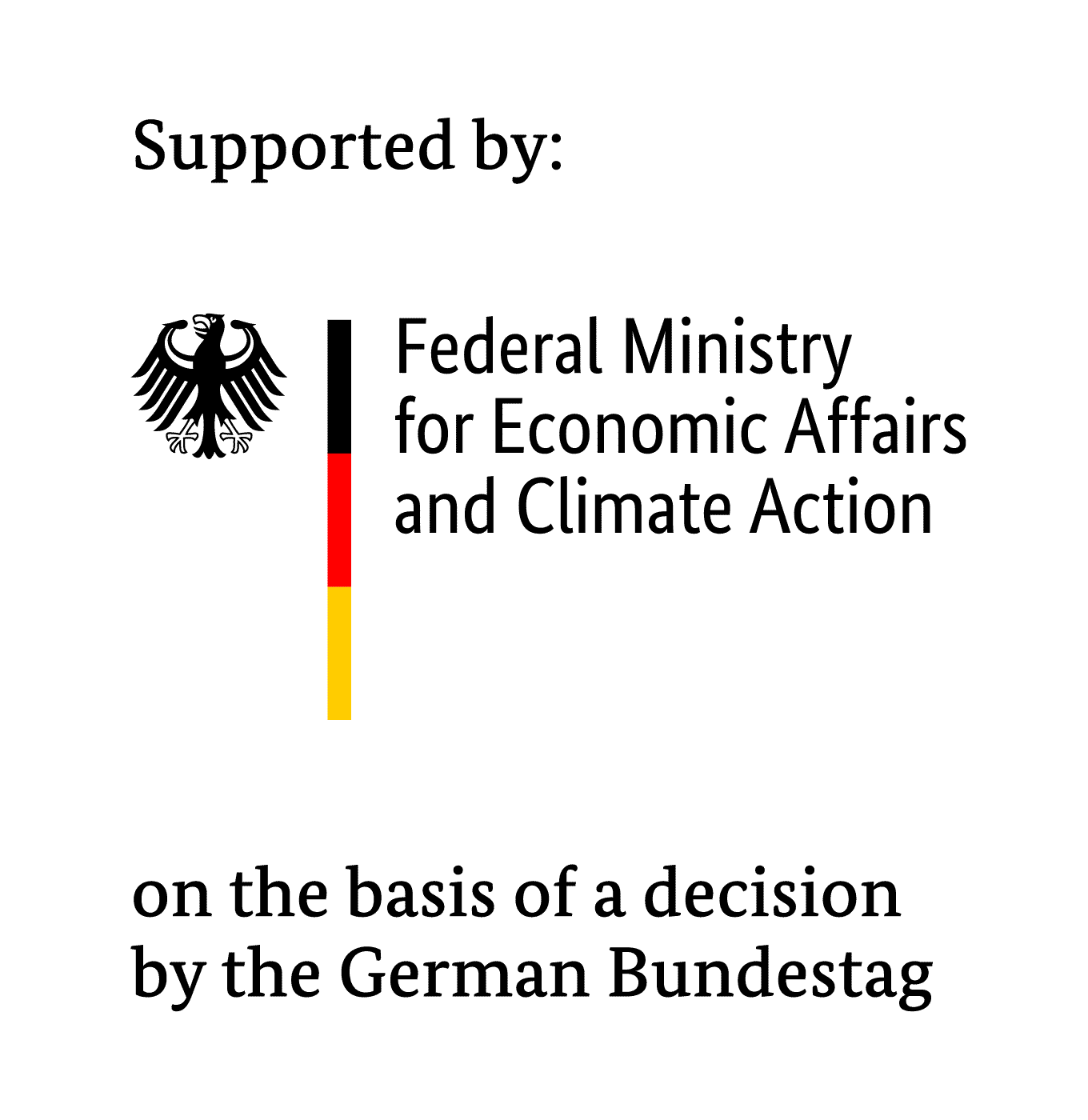Projectname:
Spray jet simulation for periodically working, moving cleaning nozzles with an innovative, grid-free approach and analytical replacement model
Workgroup: Hygienic production
Research Partner and Guidance:
IGF: 21069 BG
Financing: BMWK
Duration: 2020 – 2023
Automated cleaning with spray jets offers considerable potential for minimizing cleaning times and costs, as well as for reducing the ecological footprint across all industries. Up to now, experiments and empirical knowledge are the basis for optimization of these processes. Numerical simulations can reduce the development times of more efficient cleaning systems. However, their use is limited due to the current focus on computationally intensive standard methods.
Discontinuously operated spray jets can improve the effectiveness of cleaning systems. The main goal of this project is the efficient numerical simulation of such sprays, including the case of moving nozzles. For this purpose, the project makes use of an innovative, grid-free simulation with the software MESHFREE (www.meshfree.eu). Despite its efficiency, the 3D spray jet simulation in MESHFREE is not suitable for the large number of simulations that are necessary during a parameter optimization.
In order to reduce the computational effort, the 3D spray jet simulation will provide the input for a fast 2D model of the processes in the impact area. It uses the shallow water equations to describe the flow in the resulting thin fluid film on the surface, which enables an optimization of the cleaning performance.
The basis for the validation of this approach is an extensive experimental investigation of the flow. High-speed video recordings, measurements of the impact pressure as the jet hits the wall, and the determination of the local volume flux in the jet provide reference values. For several industrially relevant contaminations, cleaning experiments allow the determination of correlations between mechanical load and cleaning effect of discontinuous, moving spray jets.
In addition to validated simulation models, the expected project results are first simulation-based predictions on suitable pulsation parameters of spray jets and their movement during cleaning. The simulation models will be bundled in a software platform and made available free of charge. This platform has the potential to accelerate nozzle development and significantly improve the efficiency of automated cleaning systems. Due to its intended high usability, this is especially interesting for SMEs.

The IGF project presented here by the Research Association of the Industrial Association for Food Technology and Packaging (IVLV e.V.) is funded by the Federal Ministry for Economic Affairs and Climate Action as part of the program for the promotion of industrial community research (IGF) based on a decision of the German Bundestag.